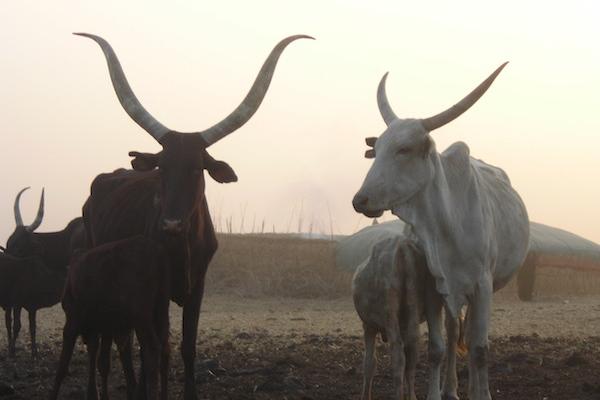NSF EAGER grant

Our research team received an EAGER grant from the National Science Foundation (NSF) to examine the impact of the domestic cycle of households on the demography of family herds and ultimately on regional livestock populations. The team consists of Rebecca Garabed, Ian Hamilton and myself. Here is the abstract from the NSF website:
Anthropologists use the term "pastoralism" to refer to economies that depend on raising livestock. Pastoralism has long been viewed as a good strategy for people who live in less productive environments with few natural resources. However, even pastoralists have to be concerned about balancing the number of animals they keep with the pasture available to feed them and the labor available to care for them. Indeed, population models show that livestock populations have the potential to grow exponentially and oustrip the carrying capacity of their environments. But empirical evidence indicates otherwise: in the real world, pastoral livestock populations are relatively stable. The question then is how is this balance achieved? Until now the most popular explanation has been that droughts, diseases, and other disasters keep livestock populations in check. But the research supported by this award will test an alternative explanation: demographic dynamics -- the natural expansion and contraction of family sizes over time -- operating at the herd and household level may constrain the growth of livestock populations regionally. If this is indeed the case, as this interdisciplinary research team proposes, then it has implications for development interventions in pastoral societies. Improving veterinary health and reducing drought vulnerability would then improve the lives of pastoralists without necessarily threatening the natural resource base.
